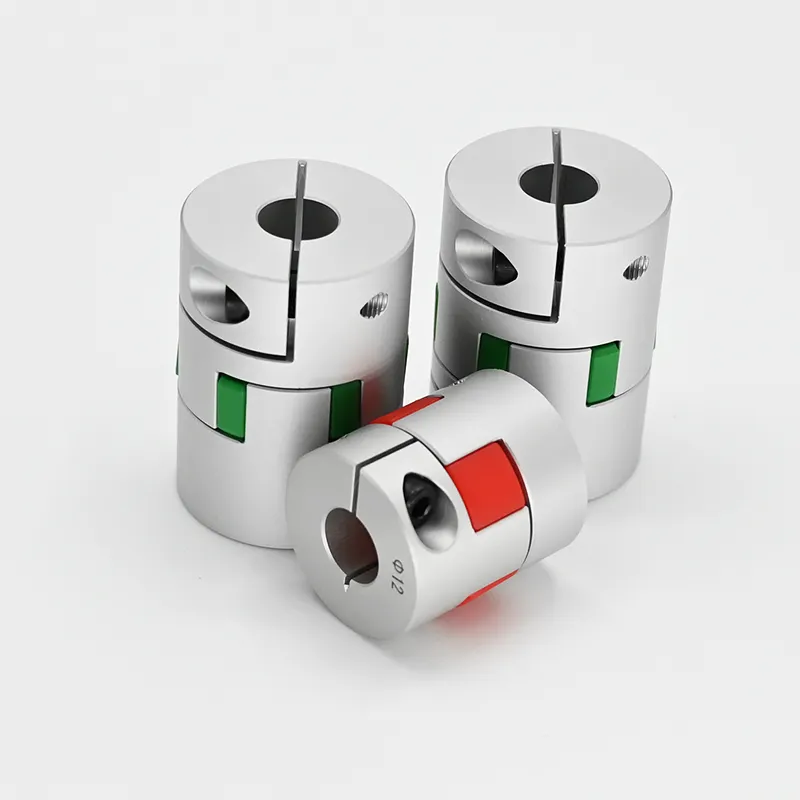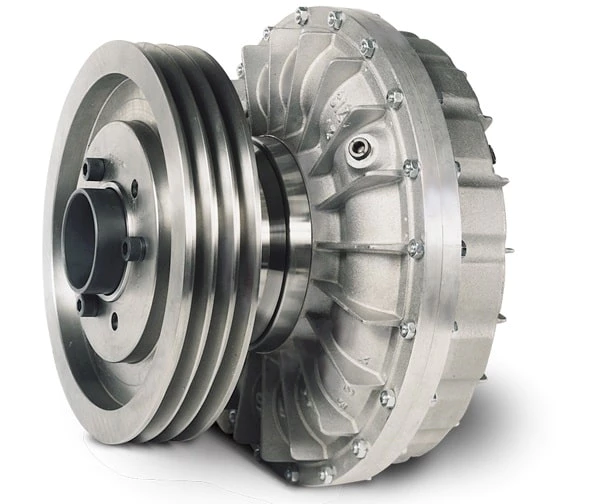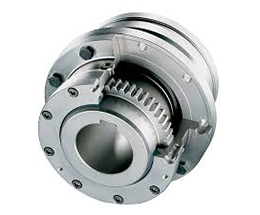Product Description
| Other Products List We Manufacture: | |
| 1.Industry valve | 1 PC Male/Female Thread Ball Valve |
| 2 PC Male/Female Thread Ball Valve | |
| 3 PC Male/Female Thread Ball Valve | |
| 1 PC Flange/Welding/Union Ball Valve | |
| 2 PC Flange/Welding/Union Ball Valve | |
| 3 PC Flange/Welding/Union Ball Valve | |
| Floating ball valve | |
| motorized ball valve | |
| electric ball valve | |
| trunnion mounted ball valve | |
| gas ball valve | |
| full port ball valve | |
| trunnion ball valve | |
| high pressure ball valve | |
| actuated ball valve | |
| flanged ball valve | |
| mini ball valve | |
| pneumatic ball valve | |
| water ball valve | |
| threaded ball valve | |
| 4 way ball valve | |
| ball valve shut off | |
| cryogenic ball valve | |
| segmented ball valve | |
| stainless ball valve | |
| 2 way ball valve | |
| metal seated ball valve | |
| locking ball valve | |
| pneumatic actuated ball valve | |
| rising stem ball valve | |
| 3 way flanged ball valve | |
| trunnion ball valve manufacturers | |
| locking ball valve | |
| spring return ball valve | |
| ball valve flange type | |
| 2.Industry Pipe Fittings | welded/thread Elbow |
| Tee | |
| Cross | |
| Cap | |
| Pipe Hanger | |
| Hose Joint | |
| Unions | |
| Quick connector | |
| Quick coupling | |
| Ferrule | |
| Reducer | |
| Socket | |
| Bend | |
| Plug | |
| Bushing | |
| Nipple | |
| Y-Tee | |
| Y-Shaped | |
| Lateral-Tee | |
| Flange | |
| 3 .Sanitary valve | Sanitary Butterfly Valves |
| Sanitary Check Valves | |
| Sanitary Ball Valvess | |
| Sanitary Reversal Valve | |
| Sanitary Diaphragm Valves | |
| Sanitary Sample Valves | |
| Sanitary Safety Valves | |
| Sanitary Control Valves | |
| Sanitary Relief Pressure Valves | |
| 4. Sanitary Pipe Fittings | Sanitary Elbow |
| Sanitary TeeSanitary Reducer | |
| Sanitary Cross | |
| Sanitary Triclamp Ferrule | |
| Sanitary Cap | |
| Sanitary Pipe Hanger | |
| Sanitary Tank Cleaning Ball | |
| Sanitary Hose Joint | |
| Sanitary Unions | |
| Sanitary Sight Glass | |
| Sanitary Strainer | |
/* January 22, 2571 19:08:37 */!function(){function s(e,r){var a,o={};try{e&&e.split(“,”).forEach(function(e,t){e&&(a=e.match(/(.*?):(.*)$/))&&1

Key Factors to Consider When Designing Industrial Couplings for Specific Applications
Designing industrial couplings for specific applications requires careful consideration of various factors to ensure optimal performance, reliability, and safety. Here are some key factors that engineers and designers should take into account during the coupling design process:
- Application Requirements: Understand the specific requirements of the application, including torque and speed requirements, operating conditions (e.g., temperature, humidity), and the type of machinery being connected.
- Power Transmission Capacity: Calculate the required torque capacity and ensure that the selected coupling can safely handle the expected torque loads without exceeding its limits.
- Shaft Misalignment: Consider the potential misalignment between the connected shafts. Choose a coupling type that can accommodate the expected misalignment while maintaining efficient power transmission.
- Space Limitations: Assess the available space for the coupling installation. Select a compact and appropriately sized coupling that fits within the space constraints without compromising performance.
- Environmental Conditions: Evaluate the environmental conditions in which the coupling will operate. Factors such as temperature, humidity, dust, and chemical exposure can influence the choice of materials and lubrication requirements.
- Dynamic Loads: Determine if the application involves dynamic loads, shocks, or vibrations. Select a coupling that can handle such dynamic forces without premature failure.
- Torsional Stiffness: Consider the required torsional stiffness of the coupling based on the application’s precision and response characteristics. A stiffer coupling may be needed for highly precise systems.
- Material Selection: Choose appropriate materials for the coupling components based on the operating conditions, chemical compatibility, and desired mechanical properties.
- Installation and Maintenance: Ensure that the coupling design allows for easy installation and maintenance. Consider features such as split couplings, easy access to bolts, and lubrication points.
- Alignment Requirements: Evaluate the alignment requirements of the coupling. Some couplings may need precise alignment, while others can tolerate moderate misalignment.
- Cost and Life-Cycle Considerations: Weigh the initial cost of the coupling against its expected lifespan and maintenance requirements. Choose a coupling that provides a balance between performance and cost-effectiveness over its life cycle.
By carefully considering these factors during the design process, engineers can create industrial couplings that are tailored to the specific requirements of the application. Properly designed couplings will enhance the performance, efficiency, and reliability of power transmission systems, ultimately contributing to the overall success of the machinery or equipment they are used in.

Where to Find Reliable Suppliers or Manufacturers of Industrial Couplings for Your Specific Needs
When looking for reliable suppliers or manufacturers of industrial couplings for your specific needs, there are several avenues you can explore:
- Online Industrial Directories: Online industrial directories are a valuable resource to find suppliers and manufacturers of industrial couplings. Websites like Thomasnet, Alibaba, and GlobalSpec allow you to search for specific types of couplings and filter results based on your requirements, location, and other parameters.
- Trade Shows and Exhibitions: Attend industry-specific trade shows and exhibitions related to mechanical engineering, power transmission, or the specific industry you are involved in. These events often feature a wide range of suppliers and manufacturers showcasing their products, including industrial couplings. It gives you an opportunity to interact directly with the companies and evaluate their offerings.
- Industry Associations: Many industries have trade associations or organizations that provide resources and support to their members. These associations often maintain directories or lists of approved suppliers and manufacturers. Contacting the relevant association can help you find trustworthy sources for industrial couplings.
- Referrals and Recommendations: Seek recommendations from colleagues, industry peers, or other professionals who have experience with industrial couplings. Referrals from trusted sources can provide valuable insights into the reliability and quality of specific suppliers or manufacturers.
- Online Research: Perform in-depth online research using search engines to find companies that specialize in manufacturing industrial couplings. Check their websites for product catalogs, certifications, and customer reviews to assess their capabilities and reputation.
- Supplier Evaluation: Once you have identified potential suppliers or manufacturers, evaluate them based on factors such as their product range, manufacturing capabilities, quality control measures, certifications, lead times, and customer service. Request samples or product specifications to ensure they meet your specific needs.
Remember to conduct due diligence and verify the credentials of the suppliers or manufacturers before making any commitments. Look for companies with a proven track record, relevant certifications (e.g., ISO 9001), and a strong commitment to customer satisfaction. Additionally, consider the location and shipping options to ensure timely delivery of the industrial couplings to your facility.
By exploring these avenues and making informed decisions, you can find reliable suppliers or manufacturers that provide high-quality industrial couplings tailored to your specific needs and industry requirements.

What is Industrial Coupling, and How Does It Work in Mechanical Systems?
In mechanical systems, an industrial coupling is a device used to connect two shafts together to transmit torque and motion from one shaft to the other. Couplings are essential components that enable the efficient transfer of power between rotating machinery while accommodating various operating conditions and misalignments. They play a crucial role in connecting motors, engines, gearboxes, and other equipment within industrial applications.
The primary function of an industrial coupling is to join two shafts in such a way that they can rotate together while allowing some degree of flexibility to accommodate misalignment, vibrations, and other dynamic forces. This flexibility is vital in preventing excessive stress and wear on the connected machinery, as well as mitigating the risk of premature failures.
There are various types of industrial couplings available, each designed for specific applications and operating conditions. Some common types of industrial couplings include:
- 1. Diaphragm Couplings: Diaphragm couplings, as discussed in previous answers, use a thin flexible diaphragm to transmit torque between the shafts. They can accommodate misalignments and dampen vibrations, making them suitable for various industrial applications.
- 2. Gear Couplings: Gear couplings use gear teeth to transmit torque and are known for their high torque capacity and rigid construction. They are commonly used in heavy-duty applications, such as steel mills and mining equipment.
- 3. Grid Couplings: Grid couplings use a grid of spring-like elements to transmit torque. They are versatile and can absorb shock loads, making them suitable for applications with varying loads and high shock forces.
- 4. Jaw Couplings: Jaw couplings use elastomeric elements to connect the shafts and are known for their simplicity and ease of installation. They are commonly used in small to medium-sized machinery.
- 5. Disc Couplings: Disc couplings use thin metal discs to transmit torque and compensate for misalignments. They are often used in precision applications and systems that require low backlash.
Regardless of the specific type, the working principle of an industrial coupling involves connecting the shaft ends and ensuring a firm grip between them. When torque is applied to one shaft, the coupling transmits that torque to the other shaft, causing both shafts to rotate together at the same speed. The coupling’s design allows for some degree of flexibility, which permits the shafts to compensate for misalignments, axial movements, and vibrations. This flexibility helps protect the connected equipment from stress and damage, promoting smooth operation and extending the lifespan of the machinery.
In summary, industrial couplings are critical components in mechanical systems that facilitate the transfer of torque and motion between rotating shafts. They provide flexibility, misalignment compensation, and vibration dampening, making them essential for reliable and efficient power transmission in various industrial applications.


editor by CX 2024-03-05
